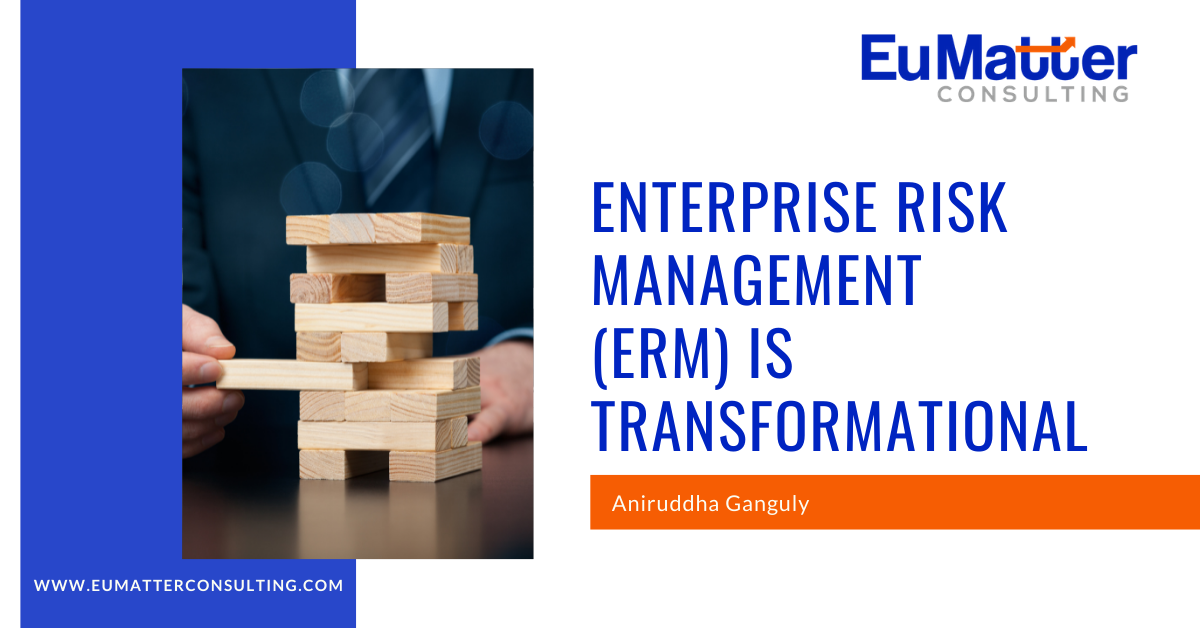CRISIL estimates that India will experience its worst recession since Independence. The world has already suffered trillions of dollars of lost economic output. Millions of jobs have been lost, a very large number of people have sunk into poverty, many industry sectors have been hit severely and several companies have been brought to their knees.
Hasn't the current pandemic awakened us to the fact that seemingly unlikely events are increasingly becoming likely, due to the forces of globalization and climate change?
Covid 19 should have catapulted enterprise risk management (ERM) to the forefront of business operations and business strategy. Are CEOs finally giving it the attention it deserves? I doubt it!
There is no such thing as a risk-less business. I am reminded of Mohammed Ali when he said “He who is not courageous enough to take risks will accomplish nothing in life”.
is ERM a silver bullet to prevent a company from collapse? No. If a company has a robust ERM process in place, in the face of enterprise risk, the company is better prepared to soften the blow or avoid the blow altogether. The other powerful potential of ERM is to encourage innovation for new business opportunities.
ERM establishes an elegant mechanism to deliberate upon ‘what if’ scenarios. Risk mitigation measures are discussed, agreed upon, 'stage gates' set up, actions implemented and reviewed regularly. ERM also encourages ‘what else’ scenarios triggering audacious ideas and new strategies for growth.
A company is required to scan risks coming from all directions, not limited to financial risk management (FRM) but encompassing risks associated with talent, supply chain & sourcing, ethics, compliances, governance, legal, cybersecurity, privacy issues, brand & reputation issues, environment, health & safety (EHS) issues, geopolitical issues, community issues and many more. Within these risks lie opportunities too!
Most business leaders do weigh some risks in running their businesses. But because the exercise remains anecdotal and not process-driven, it lacks depth. Quality of ERM also suffers from hubris, lack of courage, lack of insights, and most damagingly, when it is denied attention by the top leadership.
My experience informs me that ERM helps in strengthening a climate of collaboration, engagement, and trust in identifying and mitigating enterprise risks continually. ERM also helps in fostering agility in decision-making and breakthrough thinking.
ERM is transformational for an organization and needs expert hands to be institutionalized.
To know more, contact us: https://eumatterconsulting.com/business-processes/

